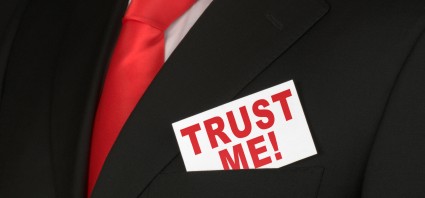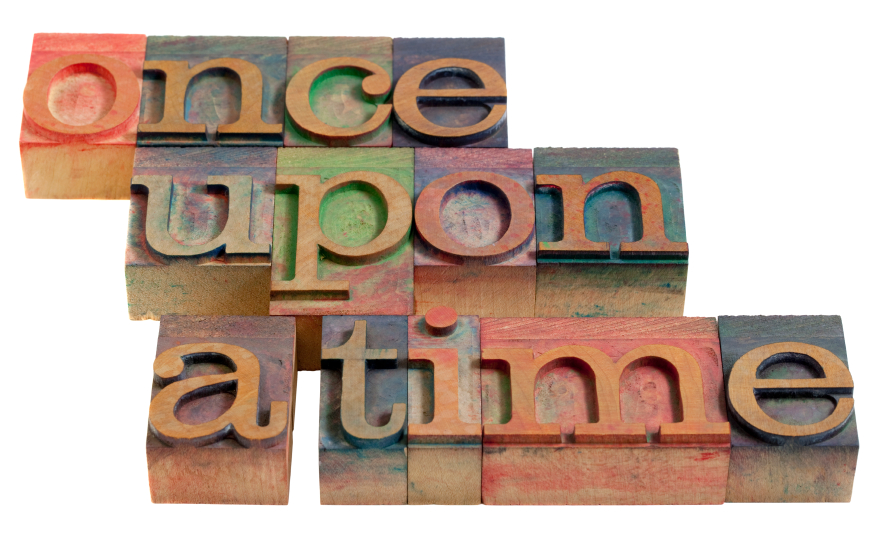Somebody asked me for the best bit of career advice I could give after years of working in the communications business. I thought long and hard about it and came up with a few thoughts.…

Be curious; listen more than you speak; know your audience; tailor your messaging; keep it simple; less is more; be nice (or at least not objectionable); proof read and proof read again; don’t misspell a spokesperson’s name; be clear and concise; don’t be afraid to introduce a bit of humour; don’t be afraid to challenge those around you (and particularly those above you); the legal team might know the law but that doesn’t mean they write better than you; trust your instincts (they’re almost always right); don’t use jargon/corporate speak; if you don’t understand what’s being said, chances are most others don’t know either; and don’t let ‘busyness’ steal time needed for thinking creatively…
And then I realised, all these things are great and ‘must haves’ but ultimately it comes down to one thing:
Never – and that means absolutely never – send an email with an attachment without first opening the attachment and checking it is actually the attachment you want to send.
Have that as your bedrock and you’ll go far.


